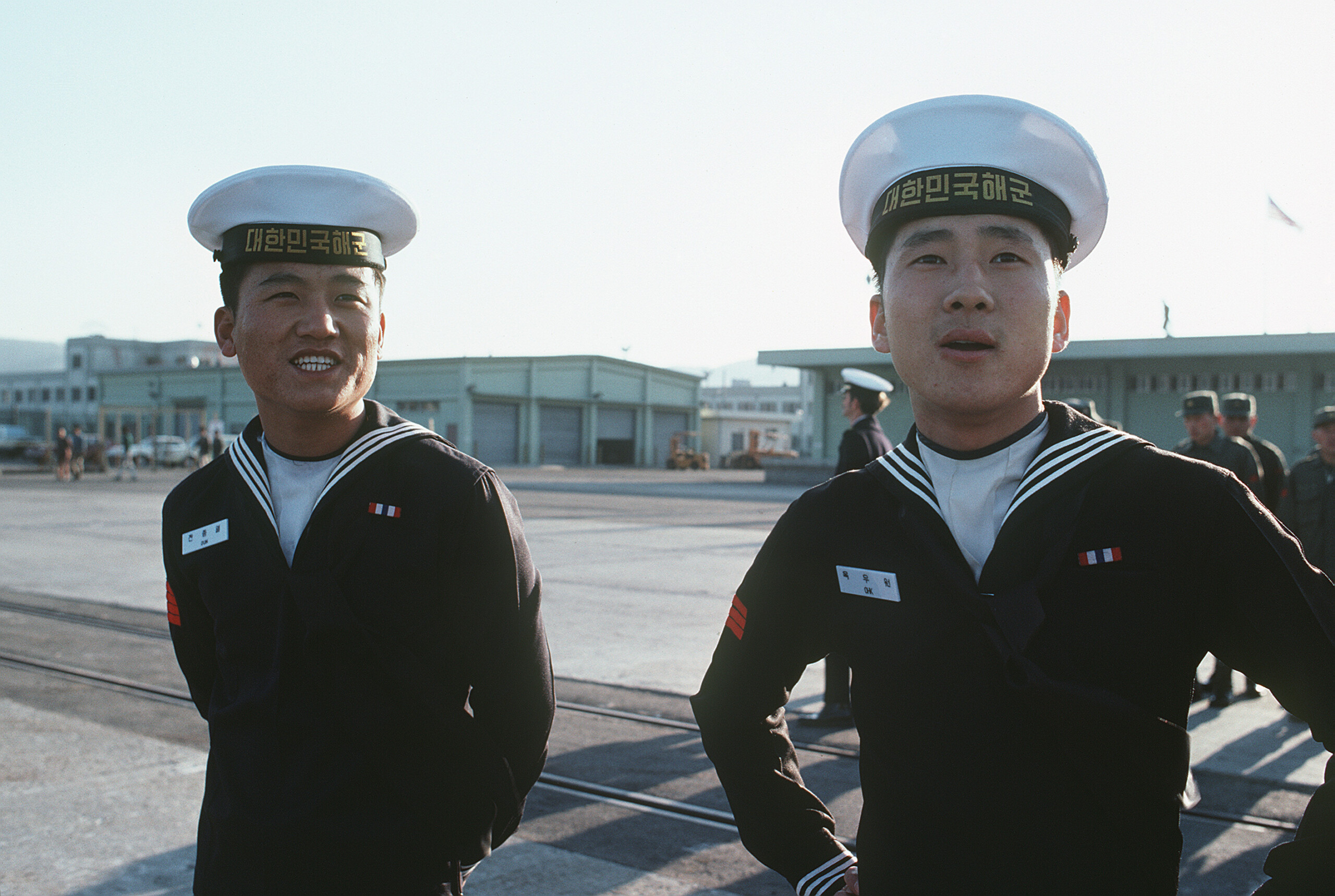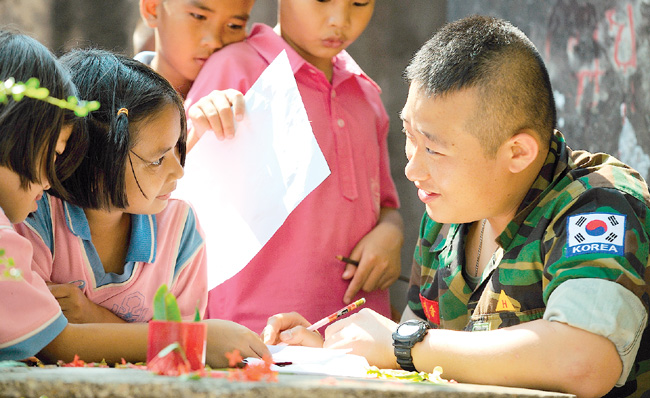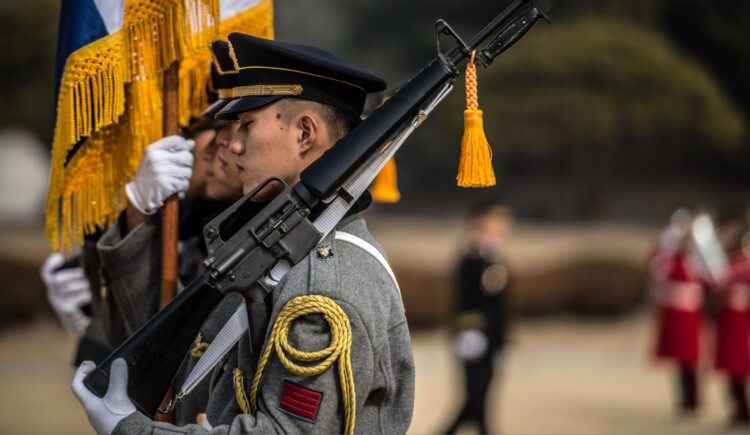South Korea’s mandatory military service might sound like a strict governmental decree to many outsiders. But look closer, and you’ll discover it’s much more than that.
It’s a rite of passage, an initiation into manhood, and a shared experience uniquely binding the male population. This service, encompassing nearly two years of a young man’s life, is an amalgamation of discipline, camaraderie, and personal growth.
Military enlistment in Korea isn’t just about defense strategy or national security. It’s about the formation of character, the fostering of resilience, and the understanding of sacrifice for the greater good.
In this journey, young men from all walks of life come together, finding common ground in their shared duty. But what propels this tradition forward? And how has it maintained its significance in the modern age?
The Deep-Rooted Tradition of Service

The tradition of military enlistment in Korea is steeped in history, going back to the era of the Three Kingdoms when local militias played a pivotal role in territorial defense.
This deep-rooted sense of duty and honor transcends mere obligation, encapsulating the spirit of unity and dedication to the homeland. Even before the harrowing episodes of the Korean War and the division of North and South, military service was considered an essential rite of passage for Korean men
For instance, the Goryeo and Joseon dynasties had their forms of military conscription. It cemented the idea of service as both an honor and a responsibility.
In the modern context, the 1950s saw the formalization of this duty with the establishment of the Military Service Act after the Korean War outbreak. It was not just in response to the immediate threats the North posed but also a reflection of Korea’s long-standing belief in collective defense.
The Faces and Names Behind the Uniform
Military enlistment in Korea paints a picture far richer and more diverse than one might first assume. The spectrum of serving individuals is a testament to the nation’s shared values and commitment.
Consider, for instance, the phenomenon of K-pop idols like G-Dragon, EXO’s D.O., and SHINee’s Minho putting their thriving careers on pause to serve. With fan bases spanning the globe, these mega-stars temporarily exchange their microphones and stages for rifles and barracks. Their enlistment often makes international headlines, highlighting the universality of the duty.
Similarly, renowned athletes, fresh from international accolades and Olympic medals, swap their sports gear for military uniforms. Son Heung-min, the globally recognized soccer star, is a classic example. His dedication to the national team on the soccer field seamlessly translates into his commitment to national duty off the field.
Having just completed rigorous academic pursuits, university scholars and budding entrepreneurs with start-ups also join the ranks. At the cusp of shaping Korea’s future in their respective fields, these individuals uniformly respond to the call for military enlistment in Korea.
The Challenges and Triumphs
Military enlistment in Korea indeed presents a demanding journey for young men. The physical rigor is evident in the challenging boot camps and continuous drills designed to prepare them for potential combat situations.
During their training exercises, it’s common to hear of soldiers enduring harsh weather conditions, from the biting cold of Korean winters to the sweltering summer heat.
Emotionally, separating from family, friends, and familiar surroundings takes a toll. With limited contact, especially during the initial phases, homesickness is a frequent companion for many enlistees.
The Silver Lining

Beyond the physical toughness, military life instills a deep sense of discipline and resilience. Soldiers learn the true meaning of teamwork, often forming bonds with fellow enlistees that last a lifetime. Many return with tales of camaraderie, where helping one another overcome hurdles became second nature.
Likewise, military enlistment in Korea offers a unique platform for introspection. Away from the distractions of civilian life, many young men discover newfound passions or redefine their life goals.
The service also equips them with essential life skills and often a renewed appreciation for the freedoms and comforts of civilian life.
A Nation’s Gratitude
Upon completing their service, veterans can avail themselves of additional points when taking civil service exams, paving the way for potential government jobs. Universities also recognize the service, with some offering extra points during the admissions process or even scholarships tailored for veterans.
In the corporate world, many companies, understanding the unique skill set and discipline these young men bring, often prioritize military experience in their hiring criteria. The nation’s public transportation systems, including buses and subways, often provide discounts for active-duty soldiers as a gesture of appreciation.
Culturally, soldiers are celebrated in movies, dramas, and songs, reflecting society’s profound respect for them. Annual events and celebrations, like Armed Forces Day, further emphasize the nation’s gratitude and pride in its service members.
A Shared Legacy
Military enlistment in Korea is a passage, a transformation, and a legacy. Every young man who steps into this journey emerges with stories, experiences, and a deeper understanding of his place in the world.
It’s a testament to Korea’s spirit, resilience, and undying commitment to its people and future.










COMMENTS